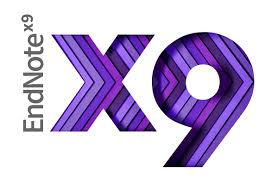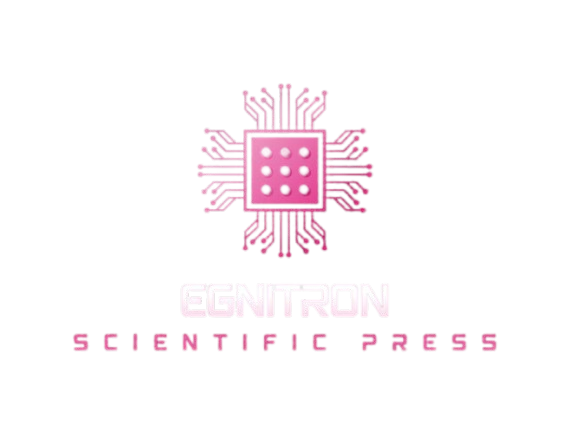Peer Review Policy
The International Journal of Digital Twin Systems and Computing (IJDTSC) maintains a rigorous, transparent, and ethical peer-review process to ensure the publication of high-quality, original research. All submitted manuscripts undergo a structured review to assess their scientific merit, technical quality, originality, and relevance to the journal’s scope.
Type of Peer Review
IJDTSC follows a double-blind peer review process:
- The identities of both reviewers and authors are kept confidential.
- Each submission is evaluated independently by at least two qualified reviewers with expertise in the relevant domain.
Editorial and Review Workflow
Initial Screening
The editorial office checks the manuscript for alignment with the journal’s scope, formatting compliance, and plagiarism. Manuscripts failing to meet basic criteria may be desk-rejected without review.
Editor Assignment
A Handling Editor or Associate Editor with appropriate subject-matter expertise is assigned to oversee the peer-review process.
Reviewer Selection
Reviewers are selected based on their expertise in digital twin systems, computing, modeling, or application domains relevant to the manuscript.
Review Process
Reviewers evaluate manuscripts based on:
- Originality and innovation
- Methodological soundness
- Technical quality and clarity
- Practical relevance and contribution
- Adequacy of references and related work,
Reviewers are expected to submit their evaluations within 4–6 weeks, unless otherwise agreed.
Editorial Decision
Based on reviewer feedback and the editor’s judgment, one of the following decisions is made:
- Accept
- Minor Revision
- Major Revision
- Reject
Revisions and Final Decision
Authors are expected to respond to reviewer comments in a point-by-point format. Revised manuscripts may be returned to the original reviewers or evaluated solely by the editor. The final decision rests with the editorial board. Generally, no more than two rounds of major revision are permitted before a final decision is made.
Review Ethics and Integrity
IJDTSC upholds the highest standards of review ethics and integrity in accordance with COPE (Committee on Publication Ethics) guidelines.
- Reviewers must disclose any conflicts of interest and decline to review if a conflict exists.
- All review reports are treated as confidential and may not be shared without editorial permission.
- Reviewers are expected to provide constructive, respectful, and unbiased feedback.
- Authors are responsible for ensuring:
- The originality of their work
- Accurate attribution and authorship
- Proper citation of prior work
- Ethical use of data and methods
Reviewer Recognition
The journal acknowledges the essential contributions of reviewers and may:
- Provide formal reviewer certificates
- Publish an annual list of outstanding reviewers
- Offer optional recognition via Publons or ORCID reviewer credit
Appeals Process
Authors who disagree with an editorial decision may submit a formal appeal within 30 days of notification. Appeals must include:
- A detailed rebuttal letter
- Specific responses to reviewer comments (if applicable)
- Any supporting evidence
The editorial board will review the appeal, and its decision is final.













